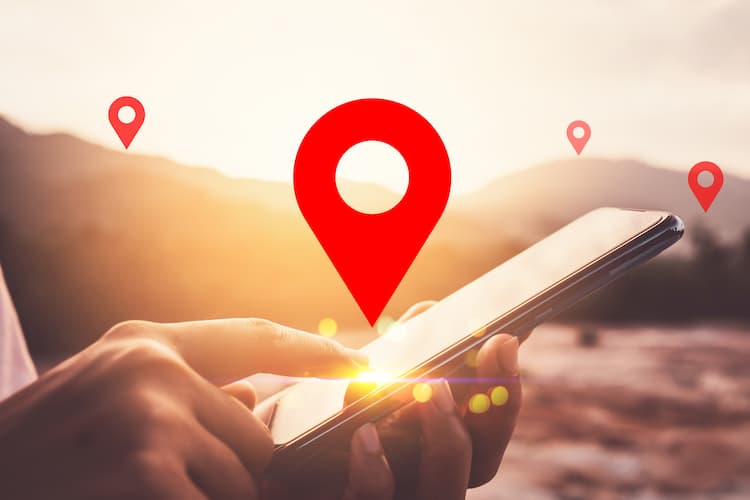How Can I Rank Well in Local Search?
Some of the same tactics that work to drive website traffic among the entire universe of internet users are also instrumental for ranking well in a local search. Optimizing for keywords and providing high-quality, relevant content will always get Google’s attention.
But in order to stand apart from bigger, national brands, smaller businesses who rely on local customers can break through by using specific strategies that will help them appear in a better position on search engine results pages (SERPs).
Since 97% of consumers say they rely on online searches to find information about a local company, small businesses who use local SEO practices can gain a huge advantage over their competitors.
The 3 core elements of local search ranking:
Distance
- How close is your business to the searcher?Relevance
- How well does your local listing match what users are searching for?Prominence
- How well-known is your business?










